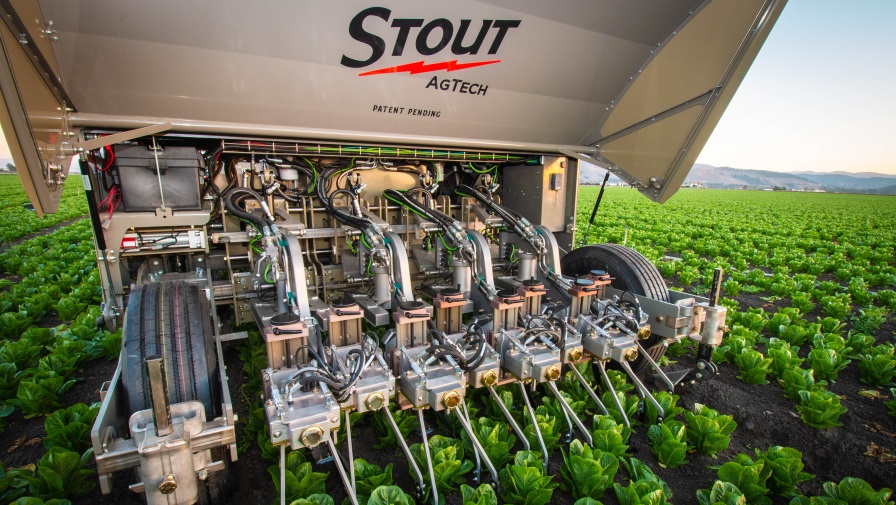Latest Updates on the California Water Crisis
California’s water crisis has captured the attention of reporters across the country. Here are some of the most important articles from this past week.
Growers to Lose Access to Water
Water regulators in California cut thousands of farmers off from the state’s major rivers and streams, according to Los Angeles Times‘ Julie Wick. The unanimous decision will go into effect in about two weeks, denying water access to 12,500 individual water rights, making up about 5,700 farms in Northern California and Central Valley.
It’s a step they didn’t take even during the most recent drought, which was considered the worst on record, Sacramento Bee‘s Dale Kasler reports.
The State Water Resources Control Board is doing so to not only protect vital human water access but to also protect endangered aquatic life. The decision carves out access to water for drinking, bathing, and “domestic purposes,” Wick says.
The most worrying aspect of this move? Wick interviewed Jay Lund, a watershed expert at the University of California, Davis, who believes these curtailments will become more routine in the future.
Processing Tomatoes at Risk
With 90% of processing tomatoes grown in California, Washington Post report Laura Reiley says, the drought is threatening the country’s supply of pizza sauce, ketchup, and other staples of American cuisine.
She profiles grower Aaron Barcellos, who abandoned his usual 2,200 acres of procession tomatoes to concentrate on 900 acres of permanent crops. He growers almonds, pistachios, and olives in Merced and Fresno counties.
Barcellos told Reiley that after getting 0% of his water allocation, he had to buy water. It was just too expensive to use that water on tomatoes.
The shortage follows the glut created by the pandemic. The food service sector uses a healthy portion of processed tomatoes each year, and that sector all but shut down. Prices are on the rise, and have been all season.
Reiley also interviewed Greg Pruett, Chief Executive of Ingomar Packing Company in Los Banos, CA. He tells her that if the drought continues into next year, even more growers will not plant tomatoes in California.
A Grower Reports from the Front Lines
David Mas Masumoto, a fruit grower in Fresno County, shared his own experience with the drought. The article, Feeling the Drought on my California Family Farm, published by The Mercury News, gives consumers insight what the lack of water means for growers.
His family has farmed the land for generations. It has 100-year-old vines and 60-year-old peach trees, and he is taking fields out of production. His doing so (along with other growers) means rural economies suffer and rising produce prices at grocery stores.
He then poses the question, who rightfully owns water?
“We must re-envision water as something scarce and sacred and shared by all,” Masumoto writes.










